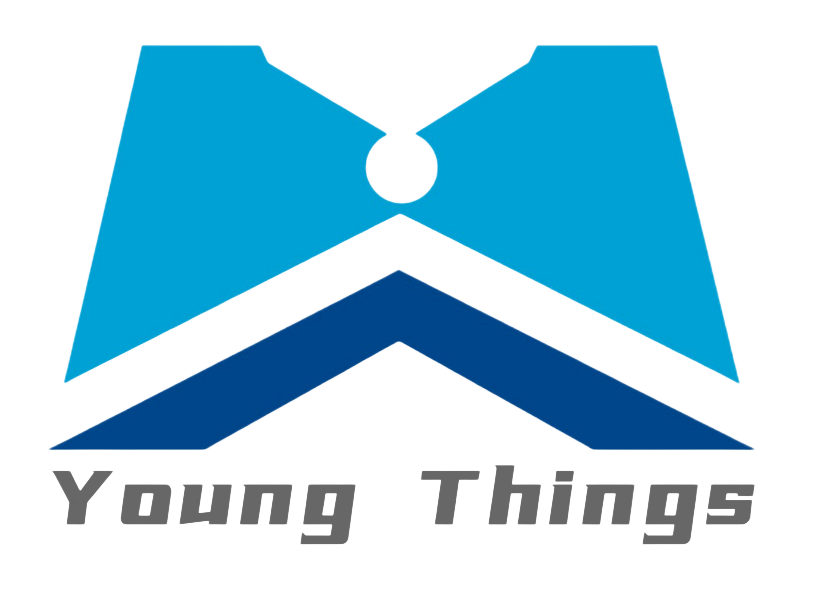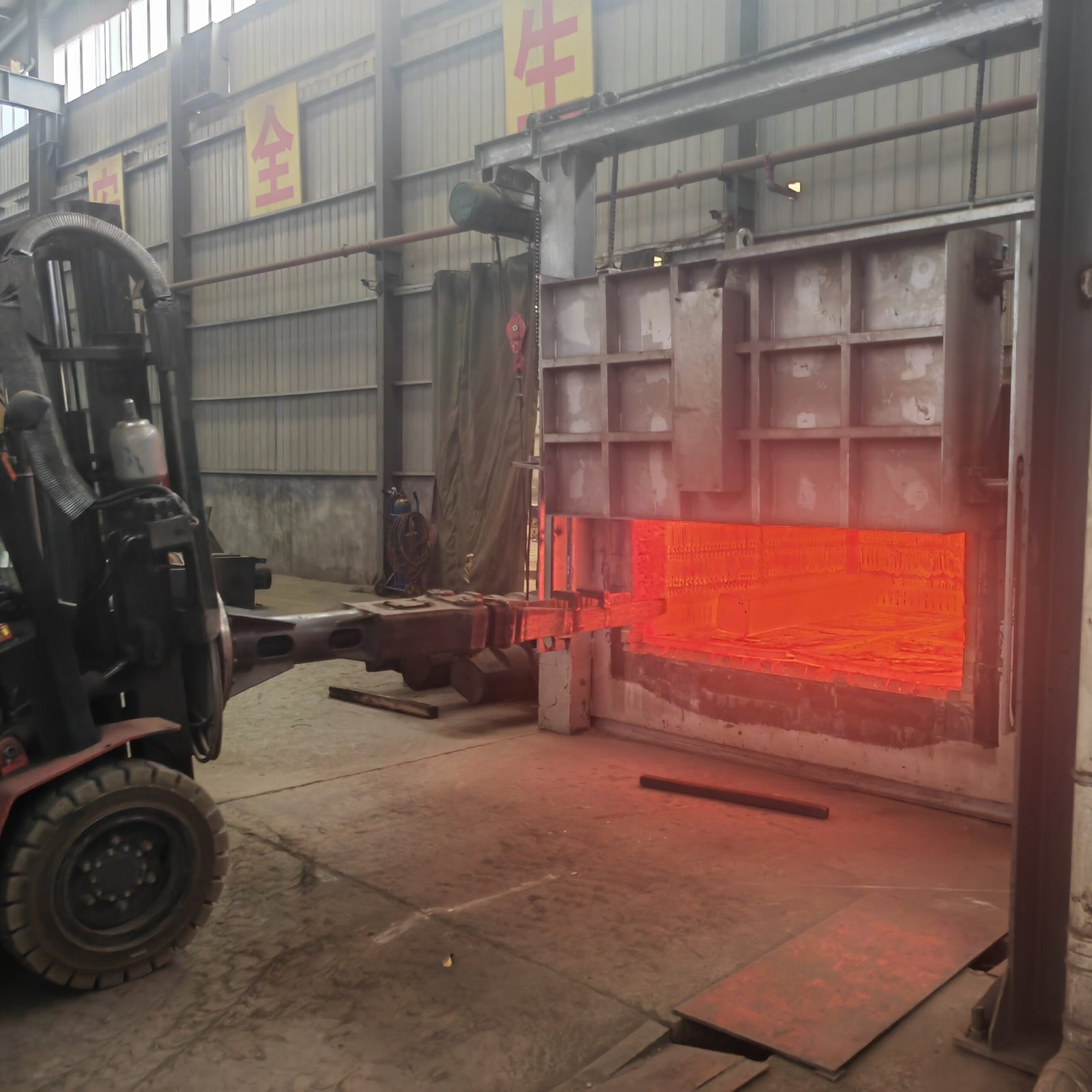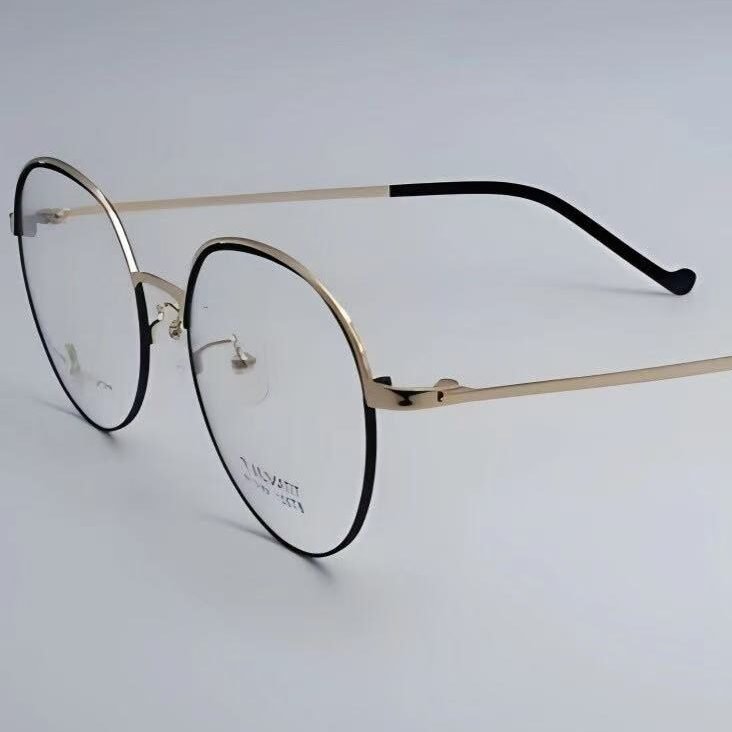Introduction
In today’s global marketplace, the rise of counterfeit goods has become a significant issue. From luxury handbags to everyday electronics, counterfeit products are flooding the market, posing serious financial and safety risks. But it’s not just consumer goods at risk—industrial materials like titanium alloys are also being counterfeited. Imagine purchasing what you believe to be high-quality titanium, only to discover that the chemical composition has been falsified. This could lead to catastrophic failures in critical applications, such as aerospace or medical devices, where the integrity of materials is paramount.
Whether it’s an online shopping spree or a quick buy from a local store, being able to spot a fake is crucial. For example, counterfeit titanium products might have incorrect or insufficient amounts of key elements, such as aluminum or vanadium, which are essential for ensuring the alloy’s strength and durability. Such discrepancies can result in products that fail to meet safety standards, putting both people and businesses at risk.
This post aims to equip you with practical tips to avoid counterfeit goods, including those in the titanium industry, and save you up to 30% on returns by steering clear of these deceptive items. Whether you’re buying a handbag or sourcing titanium alloys, knowing how to spot a fake can protect both your wallet and your safety.
1. Research the Seller
The first step in avoiding counterfeit goods, especially when it comes to titanium products, is to thoroughly research the seller. Always buy from reputable and authorized retailers or suppliers who have a proven track record in the industry. Verify the seller’s credentials by checking their official website, customer reviews, and ratings. For titanium products, it’s crucial to ensure the seller can provide certificates of authenticity or detailed documentation about the material’s chemical composition.
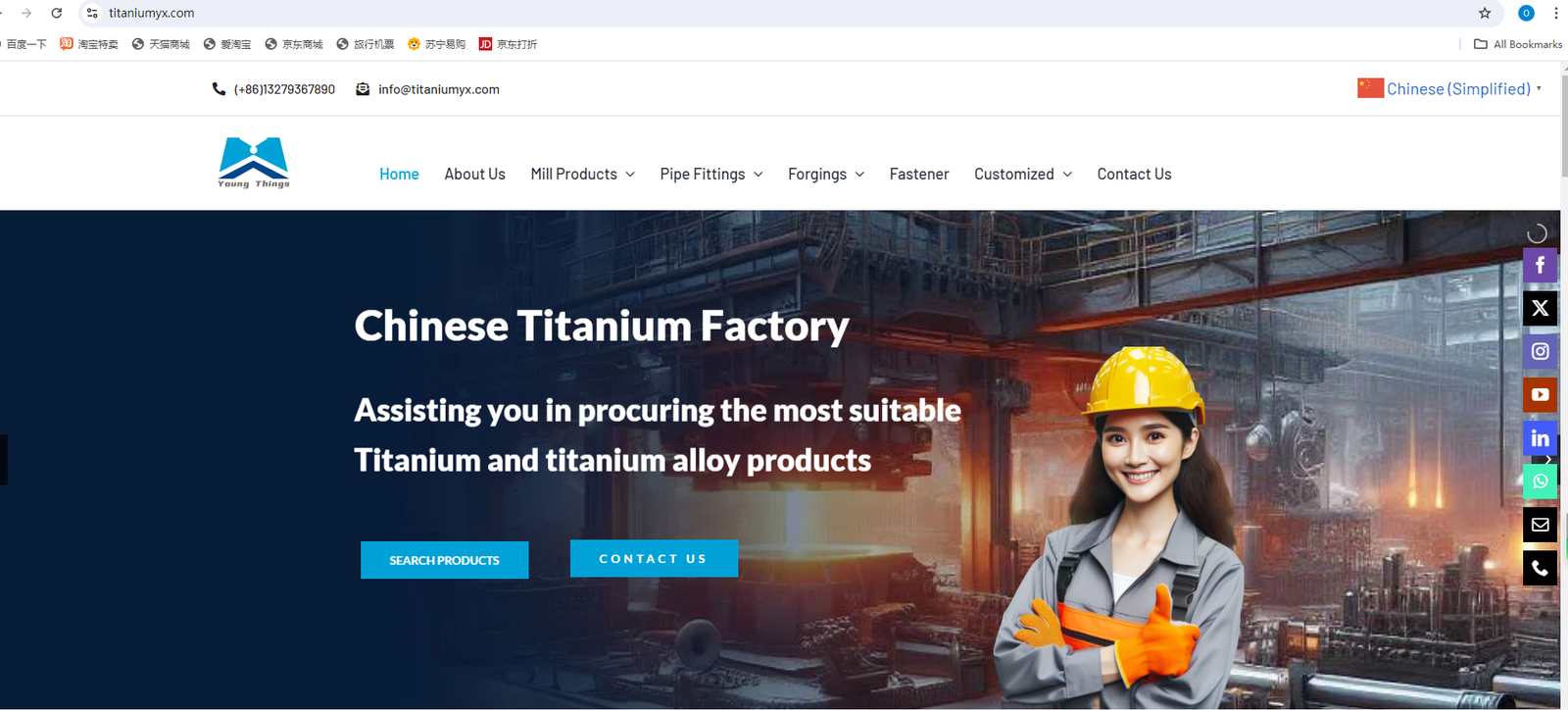 |
| Our company official website |
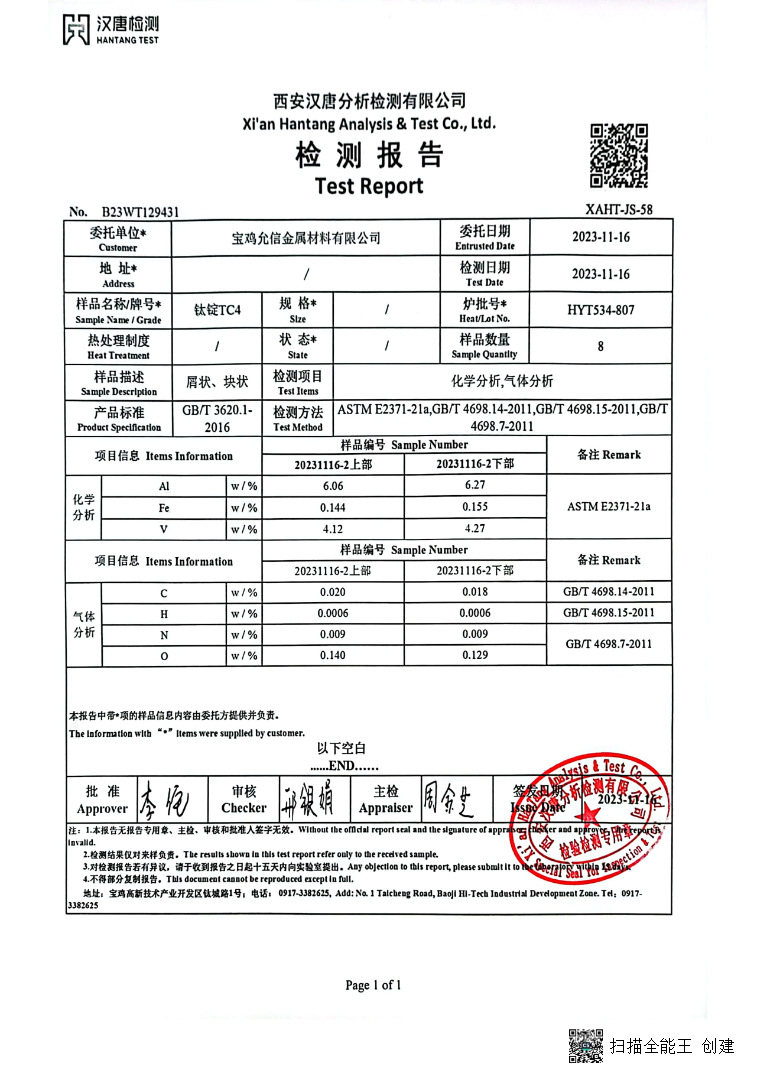 |
| 807-TC4_material’s chemical test report |
Red flags include negative reviews, an unusually high number of similar products at low prices, and a lack of contact information. For example, if a seller is offering titanium at a significantly lower price than the market average, this could indicate that the product is not genuine or that its chemical composition has been compromised. Trustworthy sellers often have a solid online presence, clear return policies, and are willing to provide detailed information about their products, including compliance with industry standards and certifications.
2. Examine the Packaging
When dealing with titanium products, examining the packaging can be just as crucial as it is with consumer goods. Legitimate titanium products, especially those used in critical industries like aerospace or medical devices, typically come with high-quality packaging that reflects the product’s importance and value. Counterfeit goods, on the other hand, often have telltale signs such as misspellings, poor print quality, and flimsy materials.
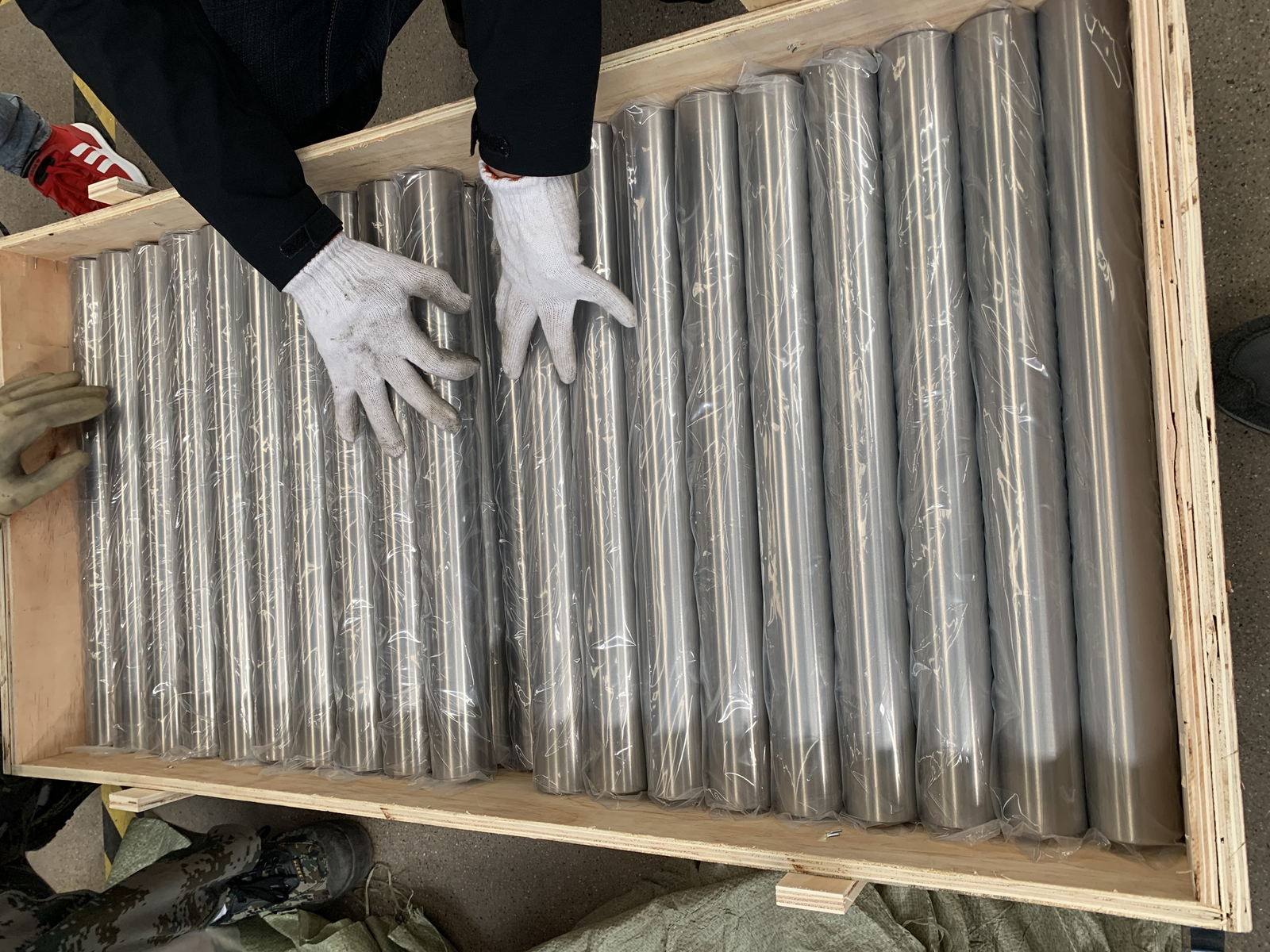
Pay close attention to the logos, seals, and labels on the packaging. These should match the official branding and quality standards associated with the titanium supplier. For instance, if you’re purchasing titanium bars or sheets, the packaging should include clear, precise printing, including details such as batch numbers, material specifications, and certifications. The packaging should also be sturdy enough to protect the titanium during transit, indicating that the seller values the integrity of their product.
If the packaging seems off—such as faded logos, inconsistent fonts, or weak materials—this could be a sign that the titanium inside is not authentic or does not meet the required quality standards. In such cases, it’s wise to question the product’s authenticity before proceeding with the purchase.
3. Check the Price
One of the easiest ways to spot a fake, especially with titanium products, is by checking the price. Titanium is a valuable material with a well-established market value, so if a deal seems too good to be true, it probably is. Significant deviations from the standard price should immediately raise suspicion, as high-quality titanium comes with a cost that reflects its purity, strength, and performance.
For example, there have been instances where titanium products from certain South Asian countries were sold at unusually low prices, only for buyers to later discover that these products were of inferior quality. In some cases, the chemical composition of the titanium was altered, with key elements being substituted or diluted, compromising the material’s integrity. Such practices can lead to catastrophic failures in critical applications, where the performance of titanium is essential.
To protect yourself, use tools and resources like price comparison websites, industry benchmarks, or even direct inquiries with reputable suppliers to ensure you’re paying a fair price for authentic titanium. Remember, saving a few dollars on substandard or fake titanium products could lead to much higher costs down the line, whether through equipment failures, safety issues, or the need for replacement materials.
4. Inspect the Product Details
When it comes to spotting counterfeit goods, the devil is in the details. This is especially true for titanium products, where examining the materials, craftsmanship, and weight can reveal a lot about the product’s authenticity. Genuine titanium items are made with high-quality materials and meticulous attention to detail, ensuring they meet industry standards.
For titanium products, always request to see the material’s test reports, such as the mill test report (MTR), which provides detailed information about the chemical composition and mechanical properties. These reports are essential for verifying that the titanium meets the required specifications. Additionally, check for product codes, serial numbers, and certifications, as these are often reliable indicators of authenticity.
Compare the product you’re purchasing with official images and documentation from the manufacturer’s website. Any discrepancies in the appearance, weight, or labeling could suggest that the product is counterfeit or of inferior quality. By paying close attention to these details and insisting on proper documentation, you can better ensure that the titanium you’re buying is genuine and meets the high standards required for its application.
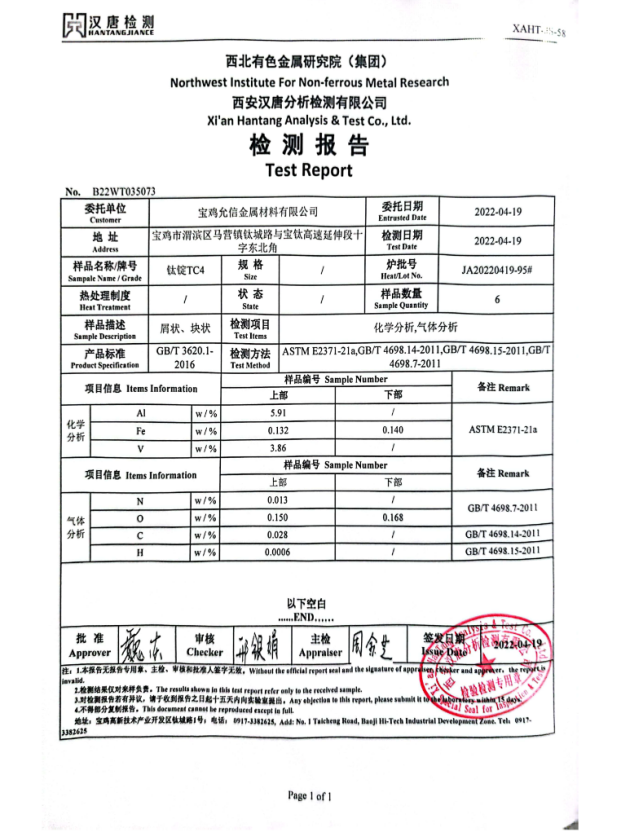

5. Look for Authenticity Certificates
When purchasing titanium products, it’s crucial to look for authenticity certificates that validate the quality and origin of the material. These certificates often include critical details such as the product’s chemical composition, batch number, and other unique identifiers. For titanium, you should specifically request documents like mill test reports (MTRs), which provide an in-depth analysis of the material’s properties, including its origin, alloy grade, and compliance with industry standards.
Always verify the legitimacy of these certificates by cross-checking with the supplier’s or manufacturer’s official site. Just as brands like Rolex, Gucci, and Louis Vuitton offer authenticity certificates to confirm the genuineness of their products, reputable titanium suppliers provide similar documentation to assure you of the material’s authenticity and quality. By taking this step, you can ensure that the titanium you’re purchasing meets the necessary specifications and is free from any fraudulent alterations or substitutions.
6. Use Technology and Apps
In the digital age, technology can be a powerful tool in combating counterfeit goods, including titanium products. Various apps and online tools are designed to spot fakes and verify authenticity. For titanium, this might involve using QR codes, RFID tags, or other traceability technologies embedded in the product’s packaging or documentation.
Apps like Redlaser and Checkpoint can scan these codes to provide detailed information about the product’s origin, material composition, and legitimacy. Some titanium suppliers also integrate blockchain technology or digital certificates to enhance transparency and traceability, allowing you to track the entire supply chain from raw material to finished product.These tools are easy to use and can be lifesavers when shopping for critical materials like titanium, where authenticity and quality are non-negotiable. By leveraging these technologies, you can make informed decisions and avoid falling victim to counterfeit or substandard titanium products.

7. Trust Your Instincts
Sometimes, your gut feeling is your best defense against counterfeit goods, including titanium products. If something doesn’t feel right—whether it’s an unusual appearance, an off-putting texture, or just a general sense of unease—it’s important to trust your instincts. Titanium is a critical material with specific characteristics, so any deviations from the norm should raise a red flag.
For instance, if you notice inconsistencies in the weight, color, or finish of a titanium product, or if it has an unusual smell or texture, it could be a sign that the material is not genuine or has been tampered with. These subtle cues might indicate that the product’s chemical composition has been altered, compromising its quality and safety.
If you suspect a titanium product is counterfeit, it’s crucial to act immediately. Contact the seller to voice your concerns and request further documentation or testing. If the issue persists, report it to the relevant authorities or industry bodies to prevent the circulation of substandard materials. Being cautious and trusting your instincts can save you from the significant risks and costs associated with counterfeit titanium products.
Conclusion
Avoiding counterfeit goods is essential for both your wallet and your safety. By following these seven tricks, you can protect yourself from falling victim to counterfeit products and save up to 30% on returns. Stay vigilant, do your research, and always trust your instincts. Not only will these practices save you money, but they will also ensure that you are getting the quality and reliability you deserve. Happy shopping and stay safe!
Share this article
Written by : 钛合金网
Follow us
Table Of Content
